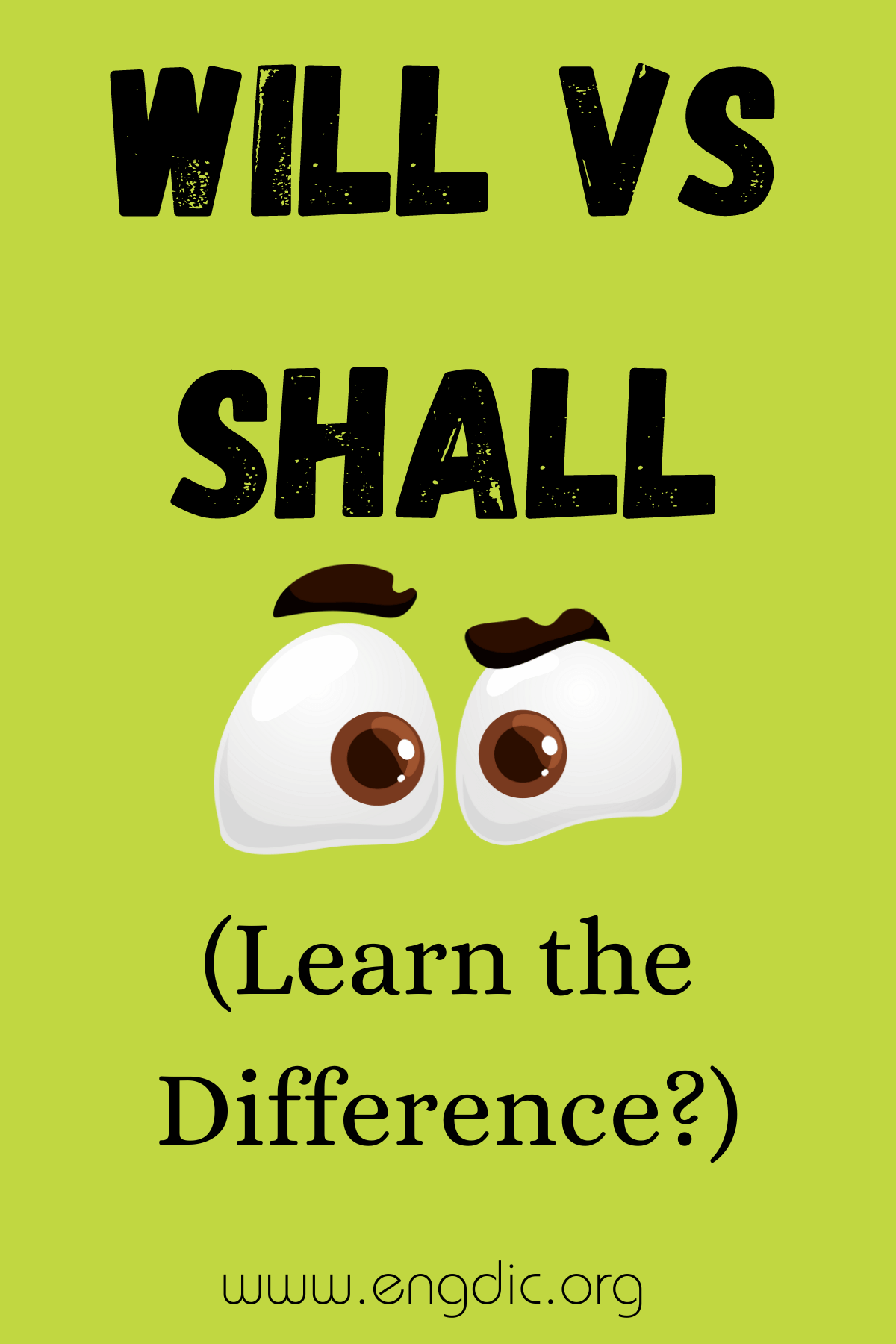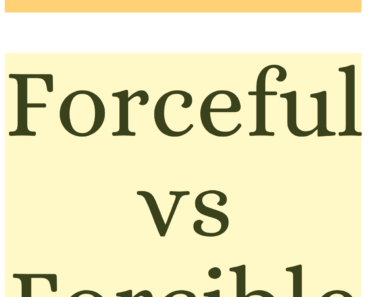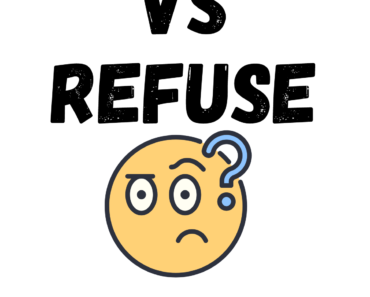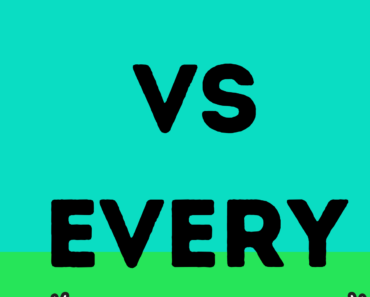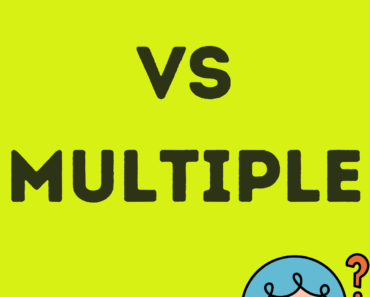“Will” and “Shall” are both modal verbs in English, used primarily to form future tenses. Historically, “shall” was used for forming the future tense, especially in formal or legal contexts, and it still retains this usage in legal documents.
However, in modern English, “will” has largely taken over as the standard way to express future actions, intentions, or predictions, irrespective of the subject. “Shall” is now more commonly used in formal situations or to indicate a strong assertion or promise, especially in the first person (I and we).
Will
Definition:
“Will” is a modal verb used to express future actions, decisions made at the moment of speaking, offers, promises, or likelihoods.
Usage and Examples:
- Future Action: “I will go to the gym tomorrow.”
- Spontaneous Decision: At the sound of the doorbell, she said, “I’ll get it!”
- Promise: “I will always love you.”
- Offer: “I’ll help you with your homework.”
- Probability: “It will likely rain tomorrow.”
Shall
Definition:
“Shall” is a modal verb traditionally used for expressing future action, especially in formal contexts. It is also used to express obligation or determination, often in legal or formal settings.
Usage and Examples:
- Formal Future Action: “The President shall address the congress tomorrow.”
- Obligation (Legal): “The tenant shall pay the rent on the first day of each month.”
- Strong Suggestion or Offer (mostly British English): “Shall we go for a walk?”
- Determination: “We shall overcome this challenge.”
- Requirement: “All passengers shall remain seated.”
